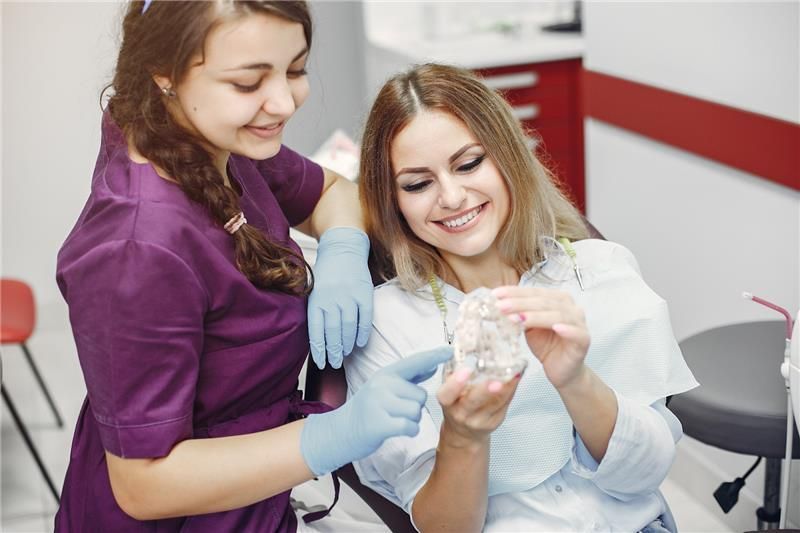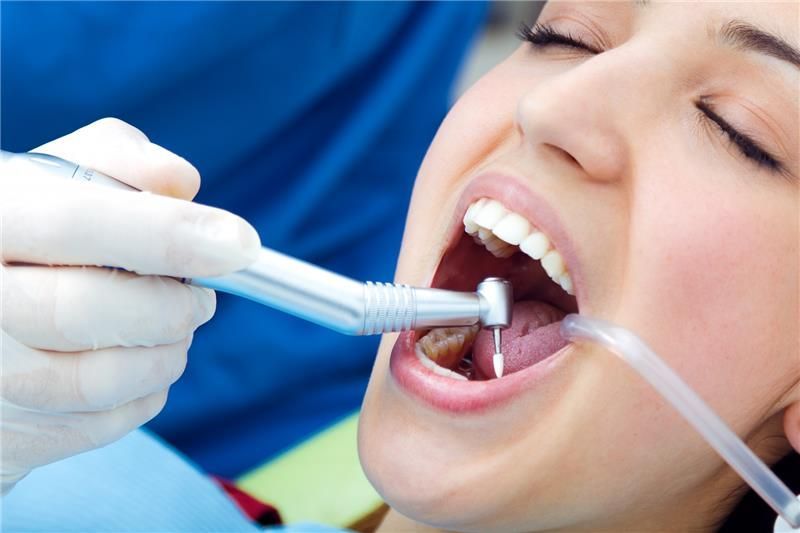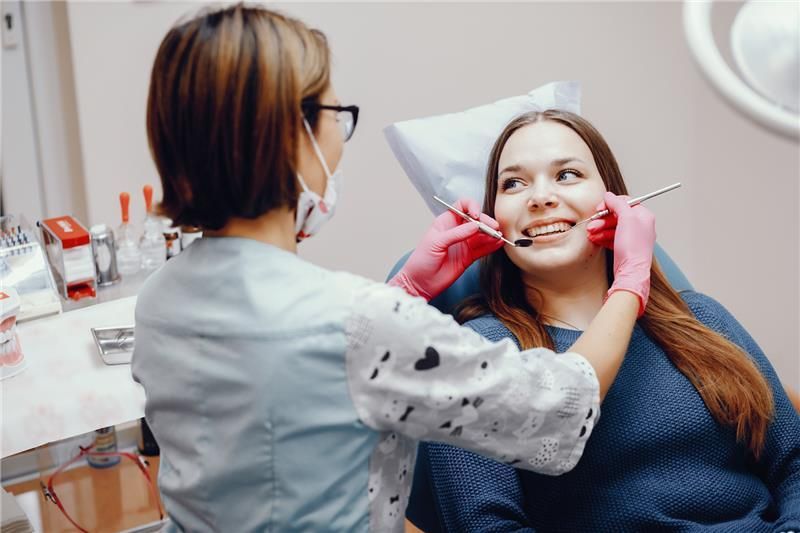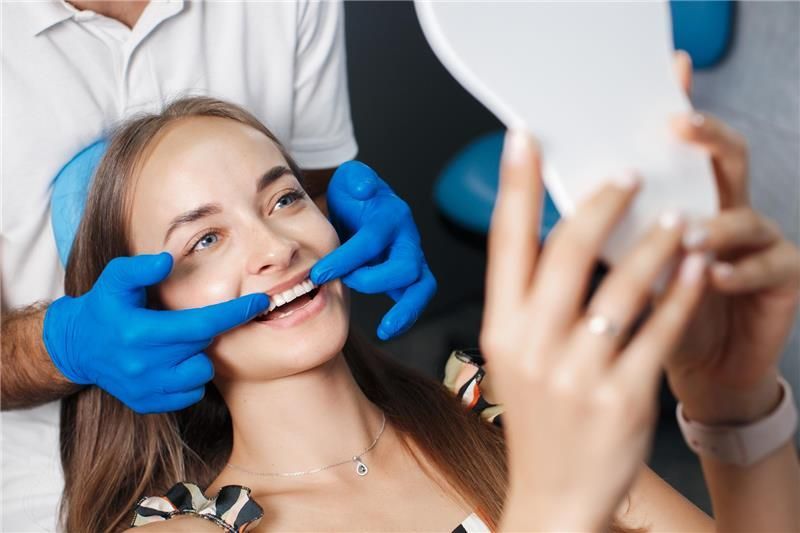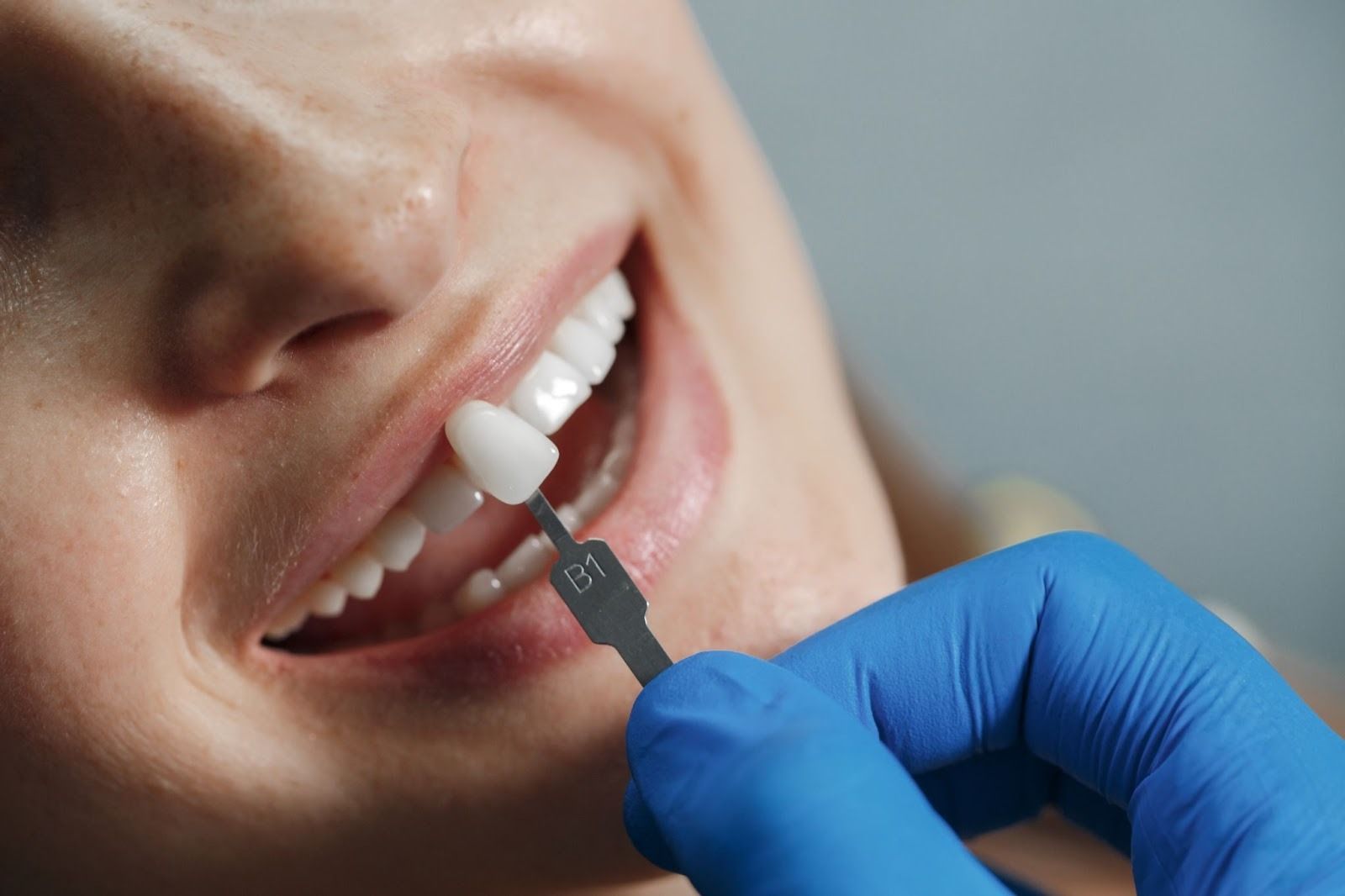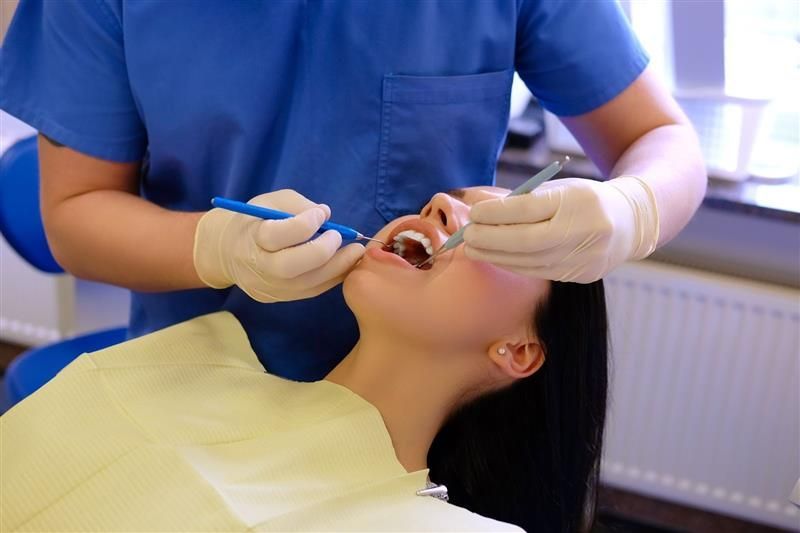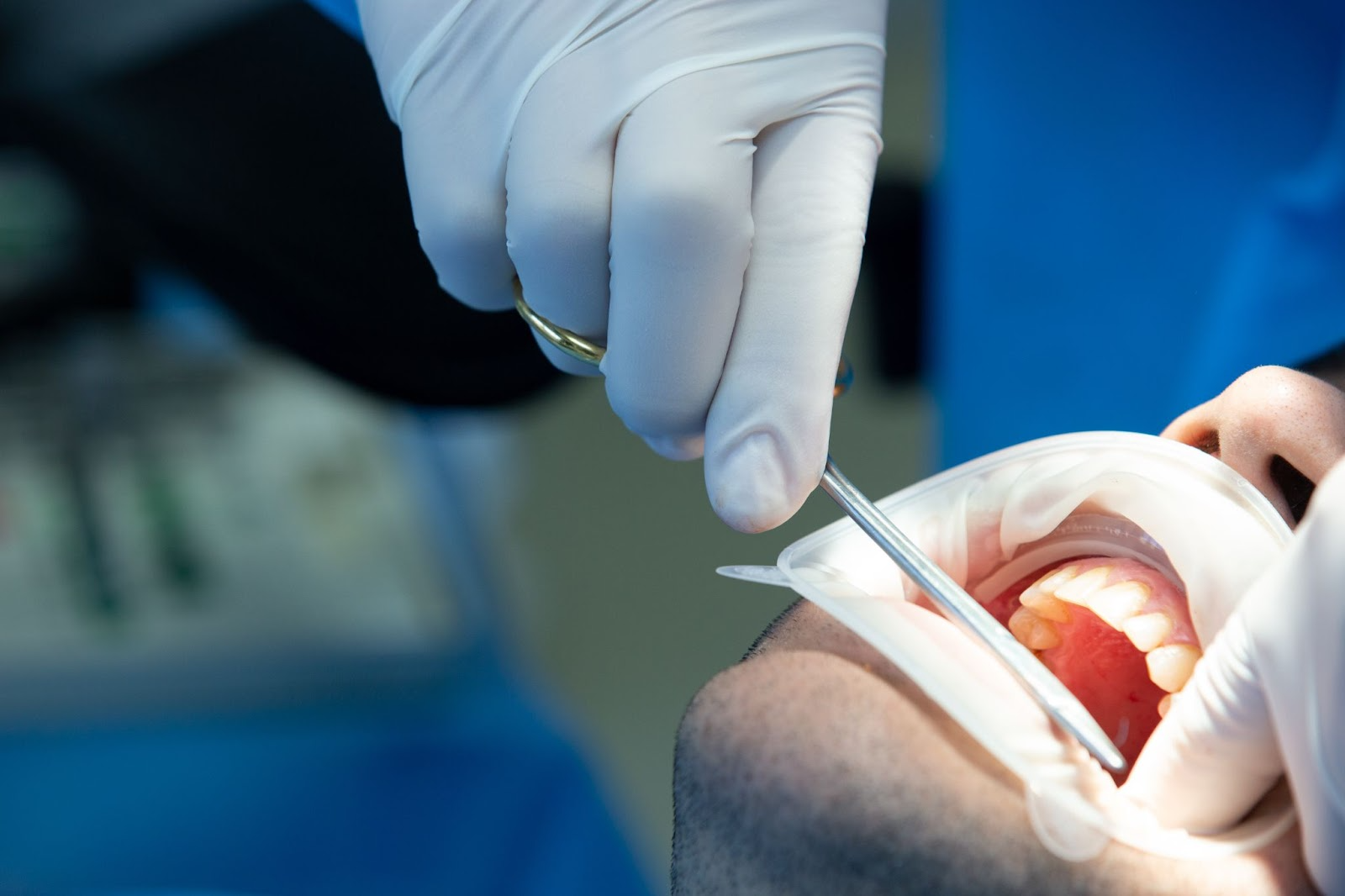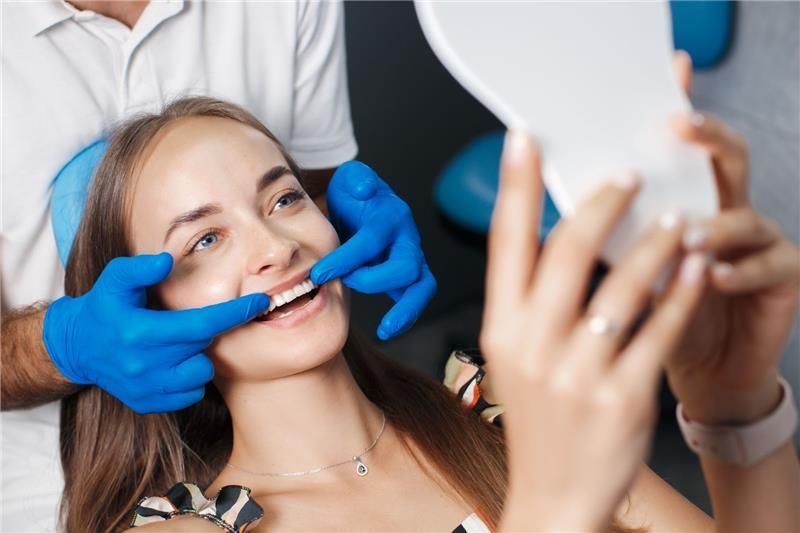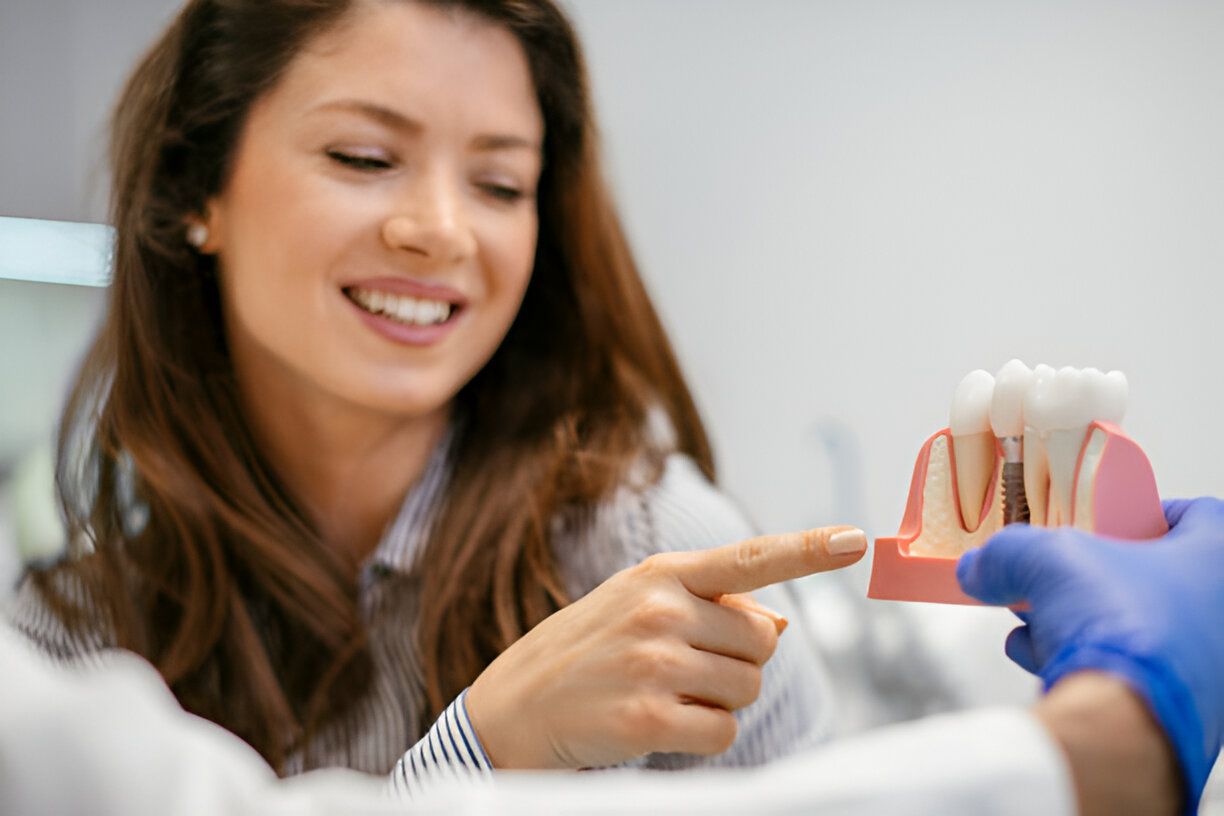Are Dental X-Rays Safe?
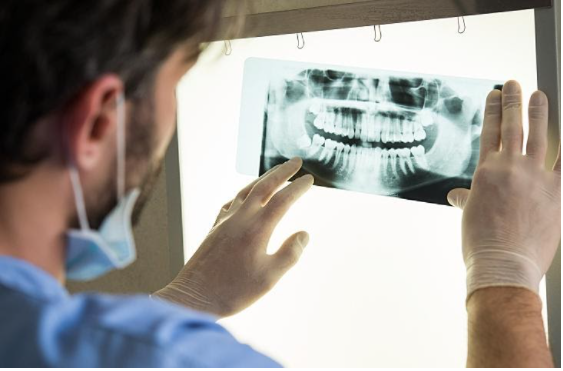
An oral x-ray is customary for a routine dental visit.
The x-ray presents a dentist with the most comprehensive dental overview that clearly defines the disease and the extent of damage to the roots & bones, and also evaluates the teeth for possible cavities — all these things are not visible during a visual checkup.
However, people are concerned about the safety of dental x-rays; they wonder, is it safe to undergo the radiation? So, let’s talk about this in detail:-
Radiation We are Exposed to In Our Day-to-Day Lives
The worrisome aspect of a dental x-ray is radiation exposure. Although radiation is a scary term, we are exposed to a lot of radiation in our everyday lives.
The radiation is measured in rems. However, in the medical industry, the radiation is quite small and measured in mrems, one-thousandth of rem.
Below Are the Most Common Examples of Radiation in Our Daily Lives:
- Having a Banana- 0.00mrem.
- Natural Radiation in the Human Body- 0.04 mrem.
- Airport scan is 0.001 mrem.
On average, one can expect the tradition to be somewhere between 200-360 mrem annually, which is way lower than the fatal mark of one million mrem.
X-Rays and Dental Safety
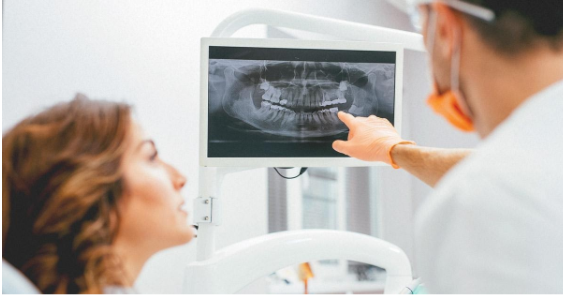
So, how much radiation are you exposed to during your dental x-ray ? The answer is digital dental x-ray is 0.4 mrem, and for film dental x-ray, the average is 0.6-0.9 mrem. Therefore, the many benefits of dental x-rays outweigh the small amount of radiation.
Dental x-rays provide dentists with much-needed detailed information about the gums and teeth; and certain information that you might not be able to see via the naked eye. However, pregnant women are not advised to undergo the dental x-ray; and this is merely a precautionary measure.
In a nutshell, dental x-rays are safe and don’t make it an excuse to skip your upcoming dental checkup. Visit your
family dental care Brooklyn clinic today.
Precautions Associated with Dental X-Rays
- Your dentist must place a lead vest on your pelvic, abdomen, and region to prevent radiation exposure to reach your vital organs.
- If you have a thyroid condition, then ask your dentist for a thyroid collar.
- Digital dental x-rays are much safer than film x-rays.
- Women who are pregnant must avoid all types of X-rays.
Preparing for Dental X-Rays
No additional preparation is needed for a dental x-ray. The only thing you have to do is to brush your teeth in the morning before the appointment.
It creates a hygienic environment for your dentist to physically evaluate your teeth, and your dental x-ray will be much clearer.
At your dentist's clinic, you will sit on a chair with a lead vest across your lap and chest. The dental x-ray will be placed aligning with your head to record the image of your mouth.
Some dental offices have a separate dental x-ray room, while many perform in the same room as another procedure like cleaning.
The Bottom Line
Like daily brushing and dental check-ups, dental x-rays are integral to achieving optimum overall dental health. Having a proper dental checkup is vital, but at the same time, it doesn't mean you should keep getting your dental x-rays.
Depending on your health, age, and insurance, x-rays must not be done more than once or twice a year. If you have more concerns and doubts regarding dental x-rays, Call us at 718.573.3333 or write to us at info@parkdentalbk.com
